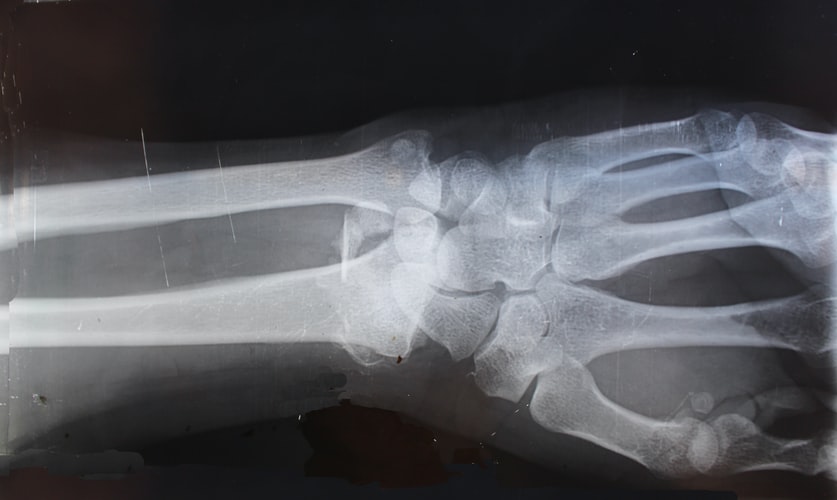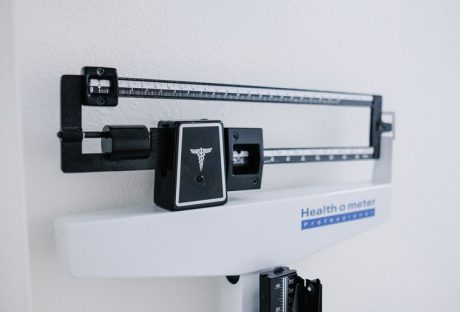TMJ disorder is one of the most common temporomandibular joint problems people of all ages face, such as tooth pain. But tooth pain is not just caused due to dental issues. While cavities or gum diseases are the most likely causes, sometimes they can also be caused due to joint disorders.
Your jaw bone can disjunction causing immense tooth pain and leaving you unable to eat properly. This is known as Temporomandibular Joint Disorder(TMJ disorder). TMJ disorder causes pain in surrounding areas of the jaw bone, including your teeth. So we reached out to Dr. Michael Nussbaum, a TMJ dentist in Austin, Tx, to find how to manage this disorder.
What Causes TMJ Disorder?
The temporomandibular joint is a joint that connects your lower jawbone to the skull. It is present on both sides of your face and enables the jawbone to move. So it is integral for activities like chewing and talking as you cannot open and close your mouth without the joint.
The TMJ disorder occurs when the joint doesn’t work properly. It causes pain around the jawbone areas and can affect your facial expressions and ability to speak, eat or even breathe.
Stress is one of the most common causes of TMJ disorder.
It forces people to grind or clench their teeth which causes tenderness and immense pain. It can also be caused due to arthritis, erosion of TMJ joint, dental treatments, or structural jaw problems present since birth.
How To Manage And Treat TMJ Disorder?
The TMJ disorder causes a dull ache around your jawbone area which can extend up to your ears, especially while chewing or speaking, which can make day-to-day life quite difficult. You will also feel the clicking and locking sound of the jaw bone along with some muscle stiffness.
Sometimes, the pain and discomfort go away on their own in a few days. But if it persists, treating it at the earliest is essential.
Since there is no standard test to diagnose the problems, the dentist will use x-rays, CT scans and discuss your symptoms to find the correct diagnosis.
Can The TMJ Disorder Be Treated At Home?
TMJ disorder is easily treatable at home. If you are currently facing these types of tooth pain. The deep-rooted cause may be arthritis joint pains. Your dental health does not have any connections with the pain.
Some people who have all okay healthy gums and healthy teeth are experiencing traumatic pain in the tooth due to TMJ disorder. Routine change and sleeping posture change effectively minimize the pain in the tooth in TMJ.
Usually, TMJ disorder can be taken care of at home with some easy tips:
- Avoid eating hard food items and try to eat softer foods instead.
- Apply ice or cold compress to the jawbone area to numb the pain.
- Try to minimize grinding/clenching of teeth and keep jaw movements to a minimum.
- Practice stress-busting activities like meditation, yoga, exercising, etc.
- Do facial exercises to help improve jaw movement.
- Use a mouthguard at night to prevent grinding.
Along with this, your dentist will also prescribe pain relief medications to help ease your discomfort and reduce swelling in the jawbone. Stabilization splints may also enable proper jaw movement. And in some cases, corrective surgery may also be suggested to treat TMJ disorder.
Based on your particular situation, your dentist may recommend the best course of treatment to treat TMJ disorder.
If you live in Austin and have immense pain in the teeth/jaw area, you can visit Dr. Michael Nussbaum at his Austin dental practice 360 Dental Care. His entire team provides excellent care to help ease your discomfort and improve your oral health. So book a consultation at his office right away!
Conclusion:
TMJ disorder has no connections with your dental and tooth health. However, the daily routine changes and schedule changes are pretty compelling to minimize the pain. Most patients suffering from these types of problems are treated in their homes according to the doctor’s prescribed routines and schedules. In addition, changing the lifestyle and some particular exercise is helping to minimize joint pain and relieve pain due to TMJ disorders.
Read Also:
- The CBD Health Supplements Making People Feel Good Again
- How To Get a Better Smile Whatever Your Budget


























